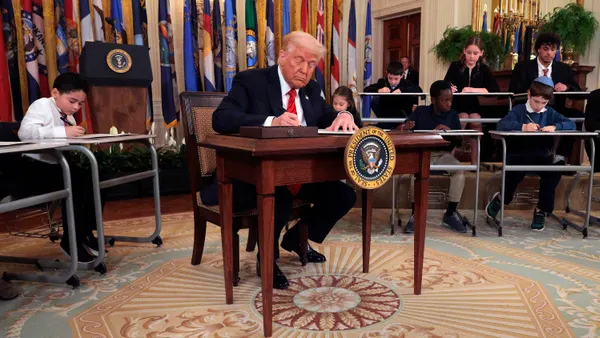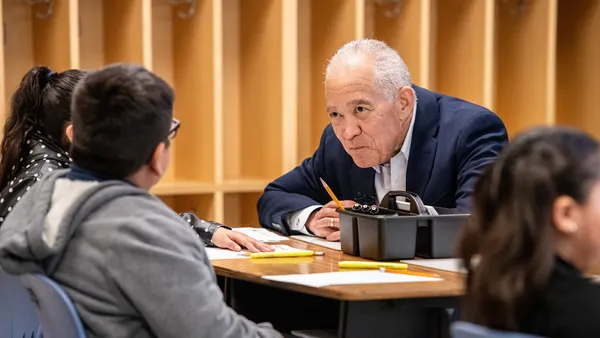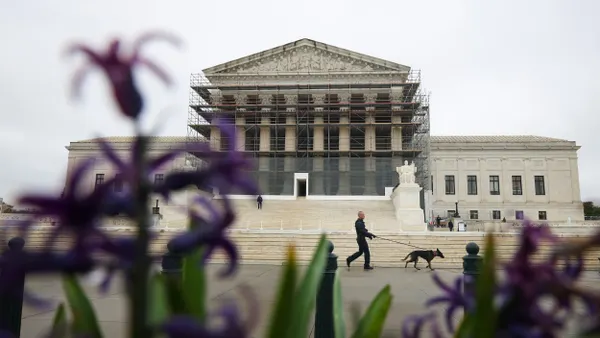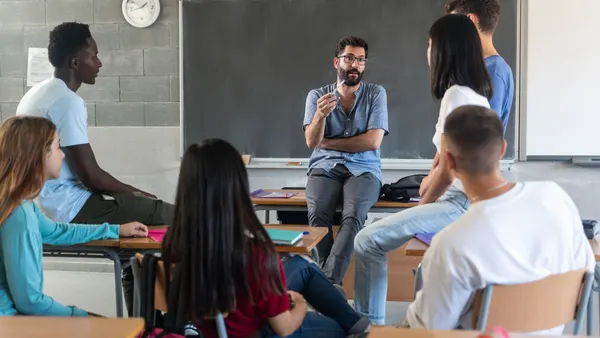Dive Brief:
-
Parents of nearly 30 million kids want after-school programs, but around 23 million — or nearly 3 in 4 — still don't have access — with children in low and middle-income families more likely to miss out on after-school opportunities, according to a report from Afterschool Alliance released Wednesday.
-
Cost is the most commonly cited barrier for these families, with transportation issues and a lack of programs trailing closely behind, according to the report. After adjusting for inflation, spending on after-school programs has grown for the highest income families while spending among those in the lowest income bracket has decreased since 2020, widening the after-school program access gap.
-
Part of the problem is that federal funding has not kept pace with demand, said Afterschool Alliance Executive Director Jodi Grant in a press conference Wednesday.
Dive Insight:
Support for after-school programs is bipartisan, and 9 out of 10 parents whose children are in such programs say they are satisfied, according to the report, which surveyed over 30,000 parents with school-age children. The study is the first to be released since the pandemic impacted school programming, including after-school initiatives, and their funding.
However, Grant called it a "critical time" for after-school programs. The federal funding stream for after-school programming, or the 21st Century Community Learning Center grants, has been stagnant since 2022. When factoring for inflation, the grant funds have actually decreased, said Grant.
"Although federal funding is just a small amount, it's key to helping low-income families," said Grant.
When the administration withheld the funding stream this past summer as a result of federal review of how the dollars were being spent, it left states and programs scrambling to fill in the gaps. At least $1.3 billion of the grant money for after-school programming was in flux at the time.
In some places, school districts were facing cancellation and other disruptions of after-school programs because of the frozen funds.
While the monies were ultimately released, albeit late, a fiscal year 2026 budget proposal from the Trump administration would consolidate the 21st Century Community Learning Centers into a block grant, reducing funding for it overall. The Senate ultimately rejected the block grant proposal.
"We cannot afford for federal dollars to disappear," said Deanna Reed, mayor of Harrisonburg, Virginia, during the Wednesday press conference. Reed is a major proponent of after-school programs as healthy and safe spaces for children. "Our 21st Century grants have to exist. There will be programs that will not continue if we lose that funding."
Studies have found benefits of after-school programs for children, especially those who are most at-risk.
"The non-academic goals and activities of after-school programs potentially have important implications for youth developmental outcomes," said a 2014 meta-analysis of after-school program studies published in the Journal of Youth and Adolescence. "Some after-school programs explicitly or implicitly aim to reduce crime, delinquency and other problematic behaviors in and out of school, decrease substance use, improve socio-emotional outcomes, and improve school engagement and attendance.”


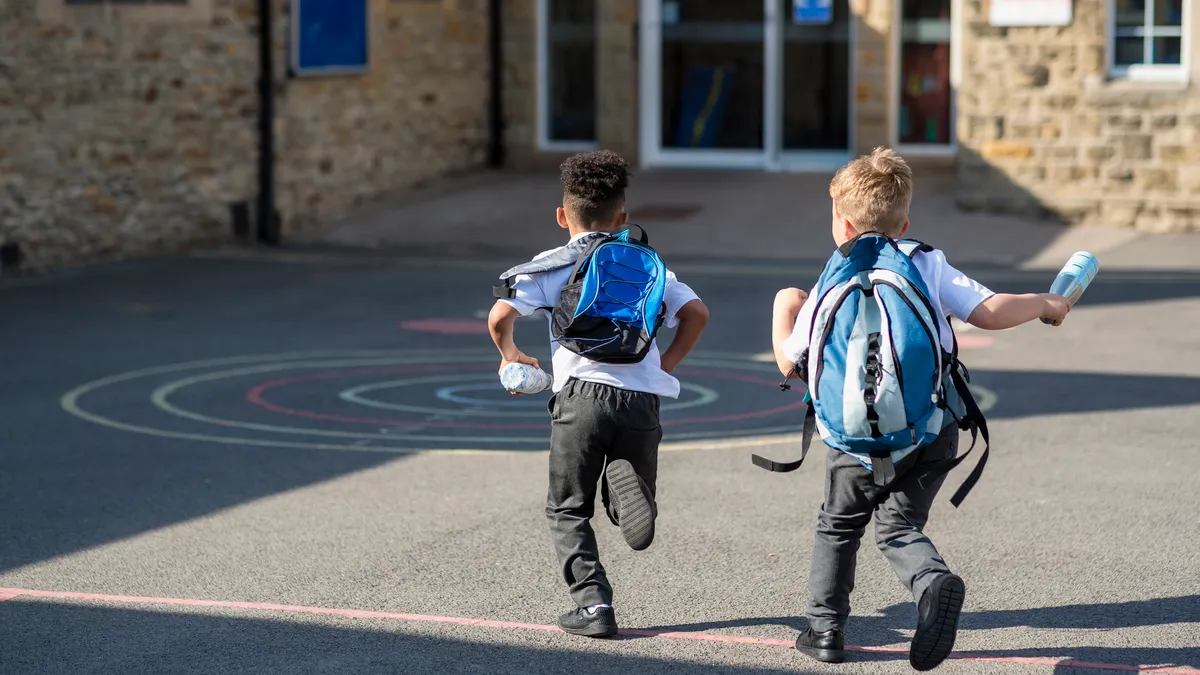



 Dive Awards
Dive Awards





